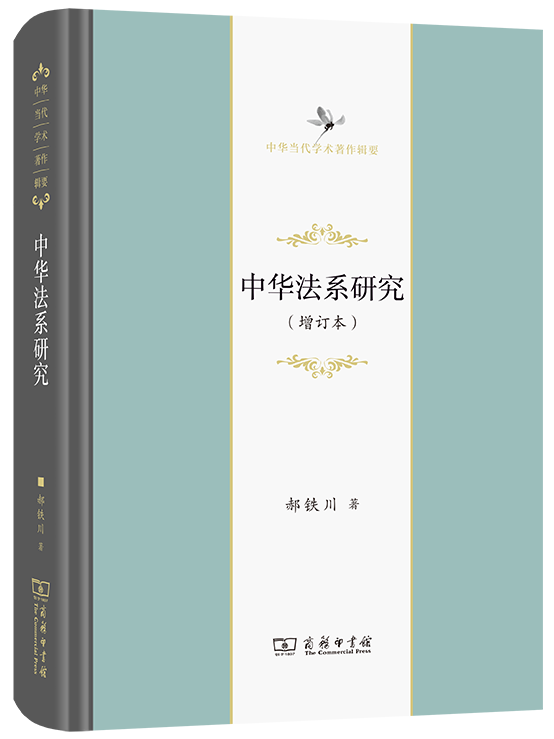
A Study on Chinese Law System and its Modernization is divided into two parts: the characteristics of Chinese law system; the modernization of Chinese law system. In the first part, there are three sections, describing the legalist legal system of Chinese law system, the confucianist judges and the public legal consciousness dominated by the concept of ghosts and gods, respectively. In the second part, there are two sections on the modernization. One of them analyzes the history of the modern transformation of Chinese law system from the end of the Qing Dynasty to 1949, the end of Republic of China. The other one analyzes the modernization of rule of law in China over 70 years since the founding of the People’s Republic of China in 1949, elaborates on the characteristics of the development of law in different political periods in China’s social development, particularly on the cultural tradition and legislation, the reform and opening-up and the paradigm of modernization, and summarizes the experience and rules for the development of contemporary rule of law. The 19 chapters link up ancient and modern times, and illustrate the unique development path of Chinese law system with rich historical materials. Compatible with political doctrines, they deeply analyze the objective socio-political foundation, the accumulation of traditional culture, and the inertia of historical development, and demonstrate that China’s path of rule of law, which is the inevitable result of the political development in China and the objective history, is suitable for China’s conditions and has ushered in the best era of rule of law.
